How to Write a Short Story
Unleash Your Imagination, One Page at a Time

11 Hours average completion time
1.1 CEUs
12 Lessons
21 Exams & Assignments
69 Discussions
12 Videos
12 Reference Files
62 Articles
Mobile Friendly
Last Updated January 2026
Crafting Short Stories: A Comprehensive Guide for Aspiring Authors
Short stories, encapsulating entire worlds within a few pages, have enchanted readers for generations. Whether you're an avid reader, a novice writer, or someone looking to expand their literary skills, delving into the world of short story writing can be both thrilling and challenging. This course is meticulously designed to guide budding writers like you through the intricate maze of crafting compelling short stories.
A staggering statistic highlights that more than 60% of aspiring writers abandon their short story aspirations because they can't differentiate between the structures of novels and short stories. Instead of creating impactful short tales, they often end up with condensed versions of longer narratives. Our course is tailored to help you avoid this common pitfall.
Lesson 1: The Differences between a Short Story and a Novel Dive into the nuanced contrasts between these two formats, from length and depth to character development and plot intricacies.
Lesson 2: Starting a Short Story Learn the art of initiation. The starting lines can set the mood, intrigue the reader, and set the foundation for everything that follows.
Lesson 3: Writing a Catchy First Paragraph The first paragraph often determines whether a reader continues or sets the story aside. Uncover techniques to craft a gripping introduction.
Lesson 4: Developing Characters Characters breathe life into your story. Learn to sculpt them with depth, relatability, and authenticity. Explore examples from literature giants like Ernest Hemingway to modern masters like Jhumpa Lahiri.
Lesson 5: Choosing a Point of View and Tense Discover the implications of choosing first-person, third-person, or omniscient viewpoints. Delve into past, present, and future tenses and how they shape narratives.
Lesson 6: Dialogue Conversations can reveal character traits, push the plot forward, and add authenticity. Master the rhythm, pacing, and nuances of crafting engaging dialogues.
Lesson 7: Setting, Context, and Plot From the bustling streets of New York to a quiet village in Tuscany, settings anchor your story in time and place. Understand the importance of backdrop, cultural context, and plot mechanics.
Lesson 8: Conflict and Tension Every gripping story thrives on conflict and tension. Dive into techniques to introduce and escalate tension, keeping readers hooked till the end.
Lesson 9: Building to a Climax The peak of your narrative arc, the climax is where tensions come to a head. Learn to construct a climax that resonates, surprises, and satisfies readers.
Lesson 10: The Resolution After the storm comes the calm. Understand how to wind down your story, offering resolution, reflection, or even a twist.
Lesson 11: Tips for Writing Your Short Stories From combating writer's block to refining your voice, gather essential tips to enhance your writing journey.
By course end, you'll be equipped not only with the theoretical understanding but also the practical skills to pen short stories that captivate, inspire, and resonate. So, if you're ready to transition from a reader to a creator, this course stands as your comprehensive guide. Join us, and let's create literary magic together.
- Creating engaging dialogue
- Enhancing stories through critiques
- Constructing impactful climaxes
- Developing multifaceted characters
- Building immersive settings
- Introducing conflict and tension
- Mastering narrative perspectives
- Differentiating short stories from novels
- Refining stories through revision and feedback
- Crafting satisfying story resolutions
- Crafting compelling opening scenes
-

Team Management and Leadership
-
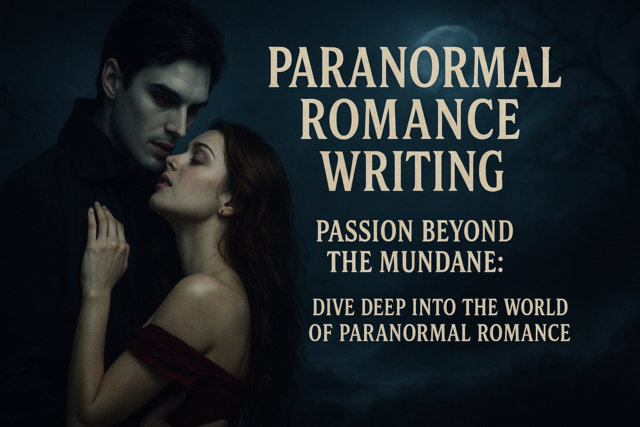
Paranormal Romance Writing
-
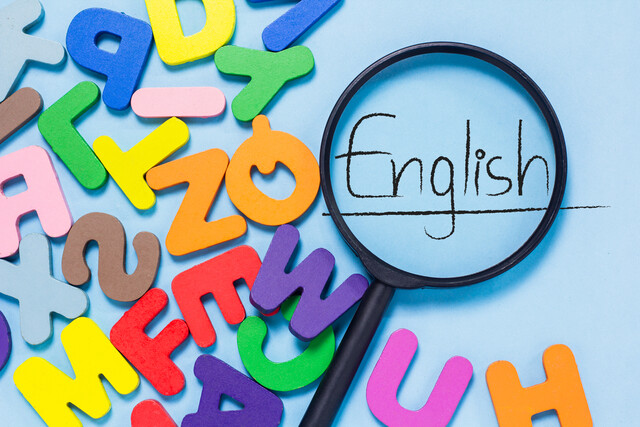
ESL Grammar Skills Level 1
-

Romance Writing
-
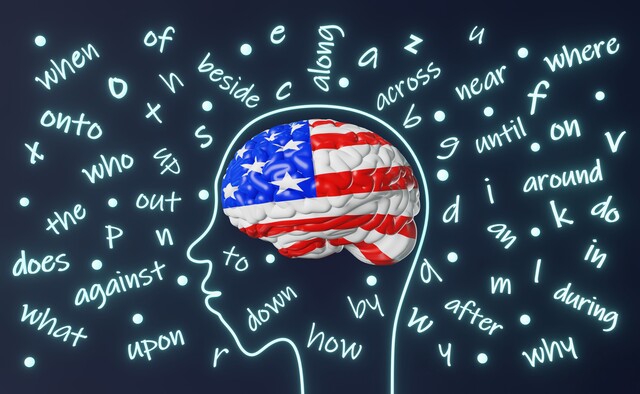
Teaching Grammar to ESL Students
-

Writing the Great American Short Story
-

Advertising, Marketing and Sales Writing
-
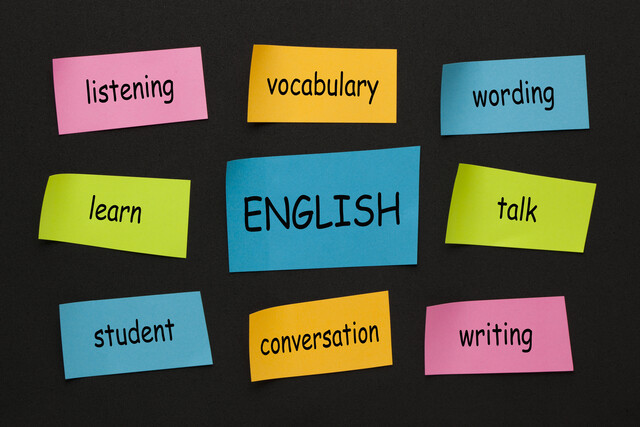
Basic English Speaking Skills
-

Caring for Seniors
-

Poetry Writing 101
-

Bank Loan Processing
-

Mystery Writing
-

Historical Fiction Writing
-

Novel Writing 101
-

Travel Writing 101
-
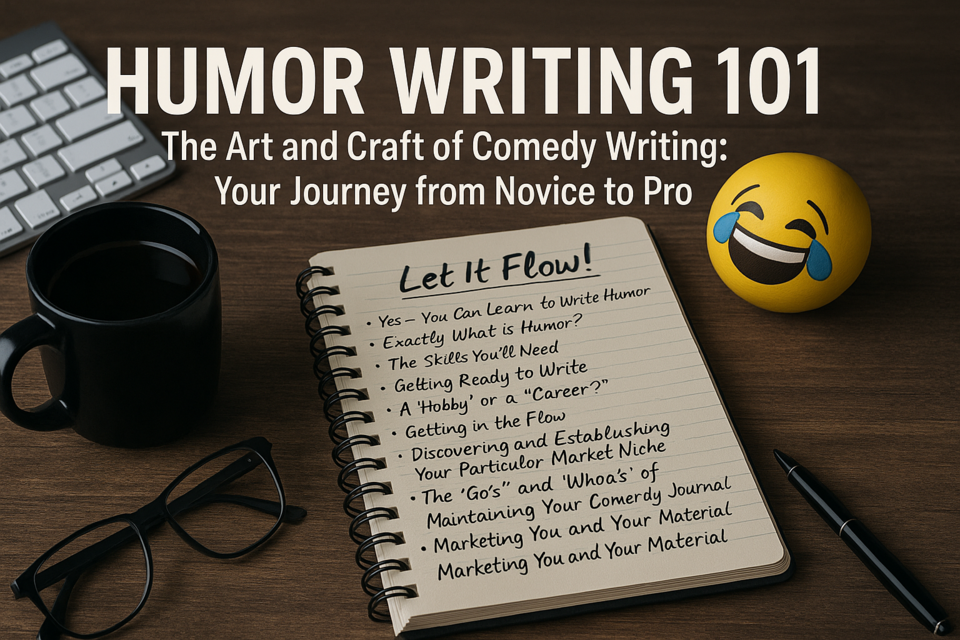
Humor Writing 101
-

Freelance Writing 101
-

Basic Research Skills
-

ESL Grammar Skills: Level 1-5 Course Bundle
-

Writing Effective Emails in the Workplace
-

Journaling and Memoir Writing
-

Depression Management
-

Screenwriting 101
-

How to Write Short Stories for Children
-
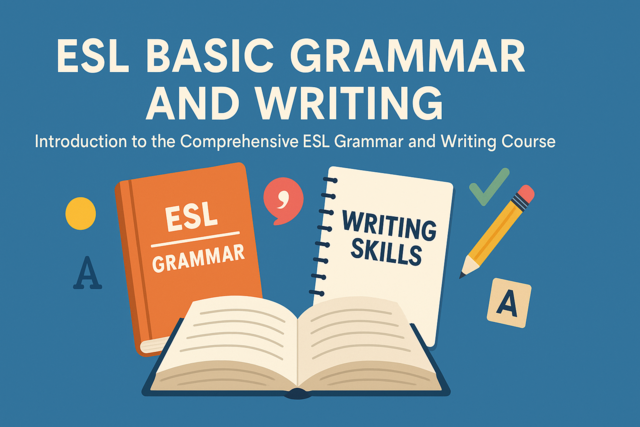
ESL Basic Grammar and Writing
